Oxygen Therapy
Oxygen therapy is for patients who need supplemental oxygen due to COPD and other respiratory illnesses. The extra oxygen from therapy will help you feel better and stay safe. Oxygen therapy helps those who have low oxygen in their blood. With the use of oxygen therapy, those with respiratory illnesses will be able to breathe better, not get as "winded" when performing physical activities, have increased stamina, and more.
-
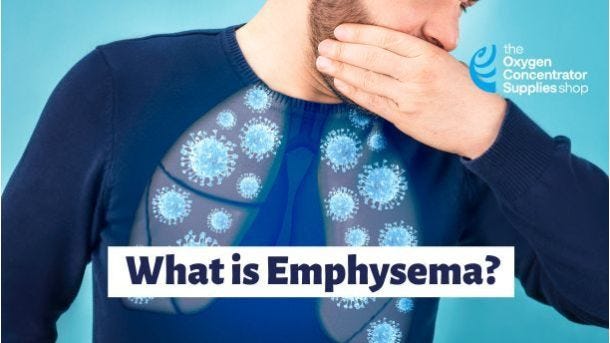 Emphysema is a chronic respiratory and lung condition that affects roughly 3 million Americans. It is one of the respiratory conditions classified as COPD and is most common among men between the ages of 50 and 70. While it is a progressive illness without a cure, it is entirely preventable. Understanding the cause, stages and treatment of emphysema gives anyone with a diagnosis the best i...
Emphysema is a chronic respiratory and lung condition that affects roughly 3 million Americans. It is one of the respiratory conditions classified as COPD and is most common among men between the ages of 50 and 70. While it is a progressive illness without a cure, it is entirely preventable. Understanding the cause, stages and treatment of emphysema gives anyone with a diagnosis the best i... -

Traveling with Portable Oxygen Concentrator to US National Parks
As the country begins to ease travel restrictions, folks are planning trips and vacations again. For patients who rely on portable oxygen therapy, this means ensuring proper travel preparations are made. For example, folks visiting US National Parks should consider a few things: elevation, available power sources, and operating temperature. Here is our list of things to consider when trave... -
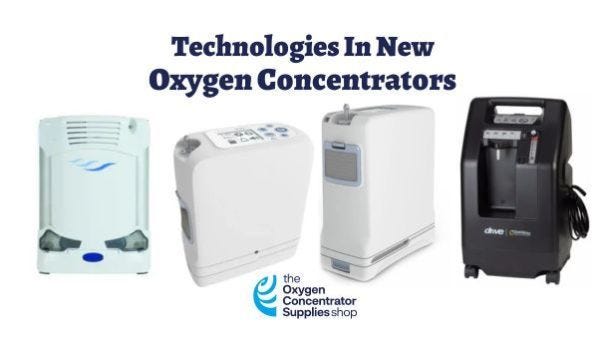
An Overview of Latest Technologies in New Oxygen Concentrators
When patients with respiratory illness need assistance breathing, oxygen concentrators are often the solution. They allow patients to manage their respiratory care at home, and on the go with portable oxygen concentrators.
-
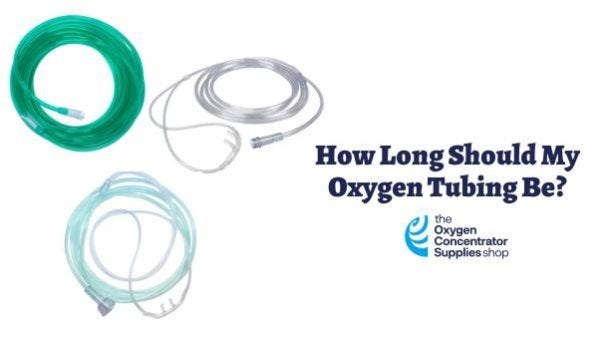
Does The Length Of Oxygen Tubing Matter?
Longer oxygen tubing may affect your oxygen concentrator’s performance. Factors such as the type of oxygen concentrator you are using and the type of air flow impact whether a shorter tube may be necessary. Effect of Tubing on Pulse Dose Machines Pulse dose oxygen concentrators deliver oxygen only when they detect an inhale from the user. Longer oxygen tubing means that your ox... -
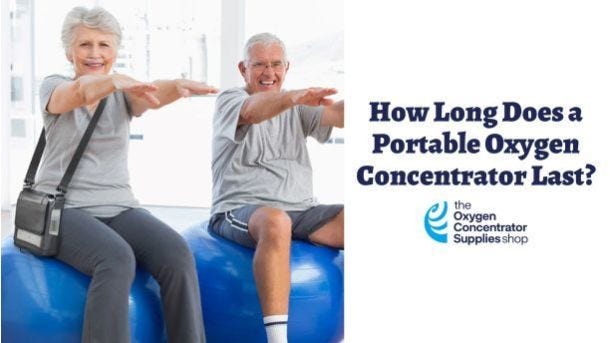
How Long Does a Portable Oxygen Concentrator Last?
When you require a reliable supply of oxygen while away from home, you need a dependable portable oxygen concentrator. Fortunately, most portable oxygen concentrators offer long-lasting batteries for hours of oxygen delivery. If you’re planning a long road trip or are traveling internationally, here are some tips for selecting a portable oxygen concentrator that provides battery endurance duri... -
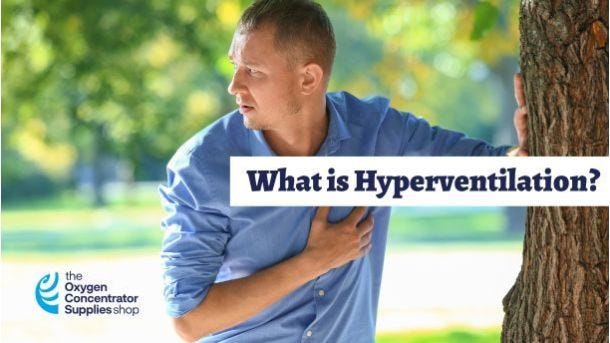
What Is Hyperventilation? - Explained
To understand hyperventilation, you need to understand how the respiratory system works. The networks of tissues and organs that make up the respiratory system ensure oxygen delivery throughout the body and waste gases such as carbon dioxide are removed.
-
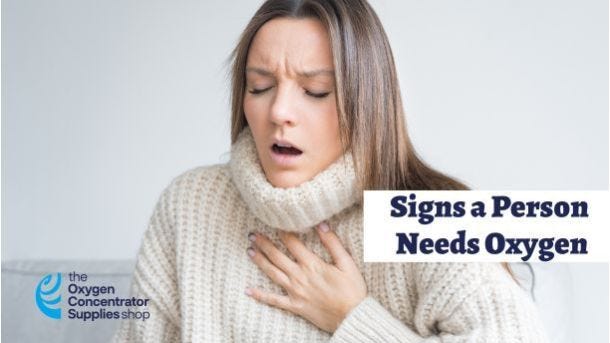
What are the Signs that a Person Needs Oxygen?
Most healthy people take oxygen for granted. Unfortunately, breathing easily and without assistance is not a privilege everyone enjoys. More than 1.5 million adults suffering from respiratory disorders in the United States use supplemental oxygen as a means to improve their quality of life.1 Others don’t realize that they could benefit from oxygen therapy. So what are the signs that a... -
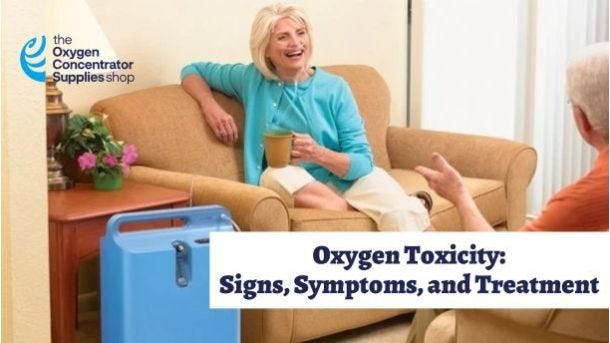
Oxygen Toxicity - Signs, Symptoms, and Treatment
When you use oxygen therapy to treat a respiratory illness, you must be aware of the side effects of too much oxygen. Breathing in too much supplemental oxygen, referred to as oxygen toxicity can occur whether you use an oxygen concentrator or oxygen tank. Know the signs and symptoms and what to do if you take too much oxygen. What Is Oxygen Toxicity? Oxygen toxicity occurs when peop... -
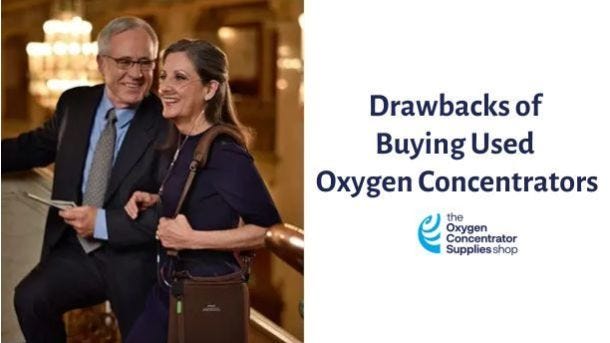
What Are the Drawbacks of Buying Used Oxygen Concentrators?
Oxygen concentrators can be costly, with prices ranging from $800 to $1,500 or beyond. That’s why many suffering from respiratory illnesses may look to used oxygen concentrators to save money. But when it comes to personal health, secondhand medical equipment is not always the best choice. Cons of Buying Used Oxygen Concentrator One of the main concerns when purchasing used equipment... -

Benefits of Buying Oxygen Concentrators Online
For those who require home oxygen therapy, purchasing an oxygen concentrator online is easier than ever. You no longer have to go to medical supply stores, schedule deliveries, or even make decisions based on whether or not your insurance is accepted. Online retailers, such as the Oxygen Concentrator Supplies Shop, simplify the buying process and providing customers with a positive experie... -

Difference Between Oxygen Therapy and CPAP Therapy
Oxygen and CPAP therapy are both prescribed to treat breathing disorders. Just because a patient needs one, however, does not mean they require both. It is important to understand the difference between oxygen therapy and CPAP therapy. What Is Oxygen Therapy? Oxygen therapy is prescribed by doctors when a patient’s lungs cannot fully process oxygen on their own. Oxygen therapy helps ... -
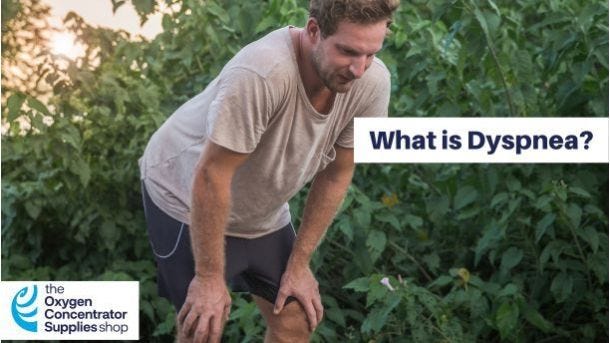
What is Shortness of Breath/Dyspnea?
The clinical definition of shortness of breath is dyspnea. The average adult can take up to 30,000 breaths a day, so compromised breathing is acutely felt, even over a short period of time. While physical exertion or a cold may make breathing difficult temporarily, long-term dyspnea is often a sign of a more serious illness.


